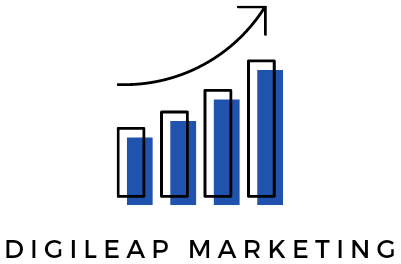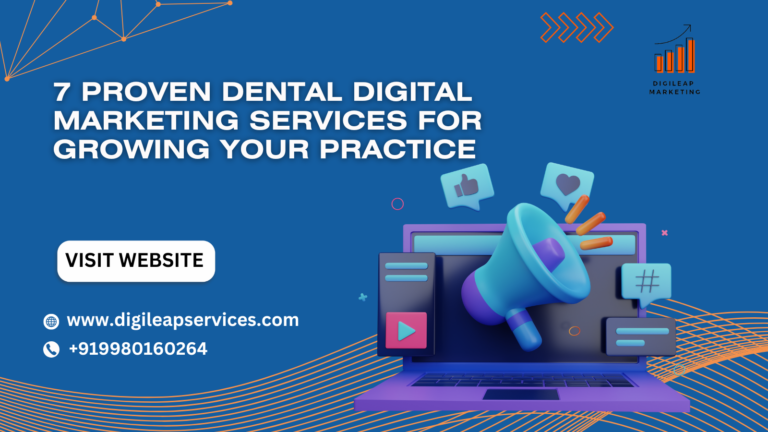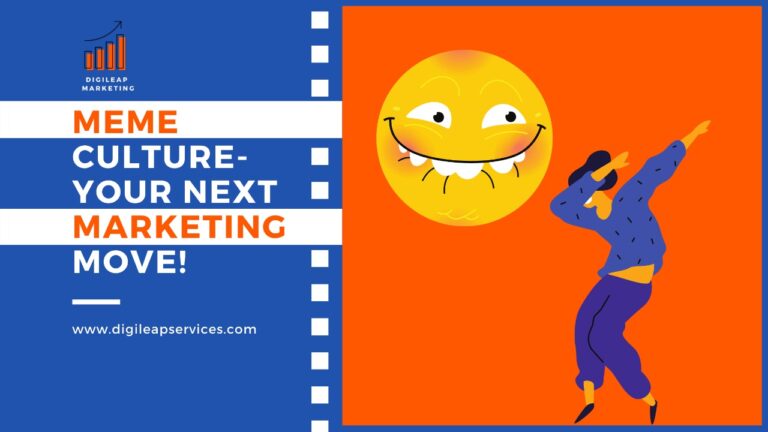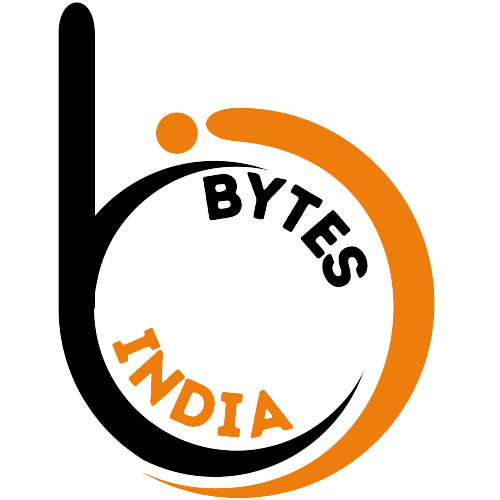What Is the Role of a Digital Marketing Strategy Across Industries in India?
Why Every Industry in India Needs a Digital Marketing Strategy Today
Digital marketing is old news and standard practice. It’s the lifeline of the new economy and the pulse of smart business today. Whether you own a small neighborhood coffee shop, a rapidly expanding tech company, or a factory in Chennai, a digital marketing strategy is what keeps your business relevant in the digital space. Having more than 900 million internet users as of 2025 (source: Statista), India has almost become a completely digital-first nation. What’s the real deal with digital marketing in India—and across all industries?
In this blog, we’ll break it down simply. You’ll see how industries like retail, education, healthcare, finance, and more are using digital marketing strategies to get results. And yes, we’ll throw in some fun facts, stats, and expert insights to keep it real.
1. Retail, E-commerce & Fashion: Driving Online Sales and Brand Loyalty
India’s retail industry is booming, especially in the online space. But competition is tough. That’s where a smart digital marketing strategy comes in to save the day.
1.1 Personalization Through Data
To better analyze consumer behavior, brands are utilizing tools such as Google Analytics and Meta Pixel. Why? because according to Statista (2024), tailored marketing can increase engagement by as much as 80%. Imagine getting a product recommendation right when you need it—that’s the power of strategy!
“Customers don’t want to be sold to—they want to be understood.” – Unknown
1.2 Influencer & Video Marketing Domination
Let’s face it, we all scroll Instagram Reels or YouTube Shorts. Brands like Nykaa and AJIO are working with micro-influencers and creating relatable content. This boosts credibility and engagement, especially among Gen Z buyers.
1.3 SEO & Content: Still Kings
Search engines bring over 60% of e-commerce traffic (Statista, 2023). That’s why having blogs, item guides, and legitimate SEO makes a difference—companies rank higher, and change over way better
Even festive campaign pages with solid SEO drive sales.
2. Education, Healthcare & Finance: Building Trust and Accessibility
This one’s big. These sectors can’t rely on gimmicks—they need trust, clarity, and real value. A well-planned digital marketing strategy helps them reach the right audience while keeping things transparent.
2.1 Educational Institutes Go Hybrid
Online learning platforms and colleges now rely on webinars, lead generation campaigns, and content marketing. Platforms like Byju’s and UpGrad use nurture funnels and remarketing ads to turn casual browsers into students.
Digileap has helped similar institutions create lead-focused digital campaigns that not only increase admissions but also build long-term relationships.
2.2 Healthcare Goes Digital (But Carefully)
Patients today Google symptoms, reviews, and clinic ratings before making decisions. Hospitals and clinics are building online trust via Google My Business, video testimonials, and doctor Q&A content. Email newsletters also keep patients informed and engaged.
2.3 Finance Simplified for the Masses
Fintech apps like Zerodha, Paytm, and CRED utilize narrating, memes, and explainers to get through to more youthful audiences. SEO, paid media, and client onboarding streams are all portions of a more extensive technique to build belief and ease of use.
“If you can’t explain it simply, you don’t understand it well enough.” – Albert Einstein
3. Manufacturing, Tech & B2B: Fueling Growth with Smart Strategies
You might think these sectors don’t need fancy marketing, but you’d be wrong. Even in B2B or backend industries, a solid digital marketing strategy can unlock massive growth.
3.1 LinkedIn + Thought Leadership
Decision-makers are on LinkedIn. That’s why B2B companies use content marketing, whitepapers, and executive branding to establish authority. A well-written case study or industry insight post can bring in serious leads.
3.2 PPC, Landing Pages, and Webinars
Digital marketing in the tech and manufacturing space is all about solving problems. Brands run targeted PPC campaigns that drive traffic to landing pages with downloadable resources or webinar sign-ups.
Companies that use landing pages convert up to 65% more leads than those that don’t (Statista, 2023).
3.3 CRM + Email Automation
Producers and software houses frequently depend on longer deal cycles. Showcasing automation tools like HubSpot or Zoho offers assistance to them to remain in touch, send convenient updates, and sustain leads till they’re prepared to purchase.
And here’s the kicker: email still delivers $36 return for every $1 spent, according to Statista.
4. Travel, Hospitality & F&B: Creating Experiences Before the Visit
In industries like tourism, hotels, and restaurants, the goal isn’t just to sell—it’s to create desire. And guess what? A powerful digital marketing strategy does exactly that.
4.1 Visual Storytelling That Sells the Dream
Let’s confront it—people eat with their eyes and travel with their hearts. Brands like Zostel, Taj Hotels, and Theobroma utilize Instagram, Pinterest, and YouTube to share visual stories that feel true
“Content builds relationships. Relationships are built on trust. Trust drives revenue.” – Andrew Davis
4.2 Local SEO + Google My Business
When someone types “best restaurant near me” or “family hotels in Manali,” guess who shows up? Businesses with optimized local SEO and GMB listings. Hotels and eateries use customer reviews, high-res photos, and real-time updates to gain visibility.
4.3 Seasonal Campaigns & Customer Retention Funnels
Travel and food and refreshment brands utilize location-based retargeting, celebration menus, and regular offers to extend rehash trade.
5. Entertainment, Media & Influencers: Building Communities, Not Just Content
Here’s the truth: content is everywhere, but connection is rare. In media and entertainment, the goal is to build communities that care. This industry thrives on engagement-first digital strategies.
5.1 Cross-Platform Social Media Strategy
Creators and entertainment companies aren’t just on YouTube. They’re repurposing content across Instagram, Snapchat, Threads, and even Telegram. Why? Because the more screens you occupy, the more hearts you win.
Take stand-up comedy. A single clip on Instagram can drive thousands to buy show tickets or subscribe to their YouTube channel.
5.2 Creator Collaborations and UGC
Nowadays, user-generated content (UGC) holds more weight than sophisticated ads. Netflix India and T-Series energize fans to make memes, videos, and reels. This increases shares, saves, and long-term brand recall.
5.3 Real-Time Engagement with AI and Trends
AI tools help analyze audience moods, while real-time content—like Twitter threads during live shows or cricket matches—skyrocket engagement. When trends are leveraged within minutes, you stay relevant and top of mind.
“Digital strategy in entertainment is no longer about pushing content. It’s about starting conversations that never end.” – Marketing Insider
Conclusion: Strategy Isn’t Just Optional—It’s Critical
Here’s the deal: a digital marketing strategy isn’t just a bonus—it’s the foundation of modern business in India. From the smallest, new B2C startup in a garage to the largest B2B corporation on the planet, companies that lose the digital risk battle become obsolete. Sure, the tools and platforms will continue to innovate, but the fundamental strategy of knowing your audience, making content they can use, and delivering it on the channel where they’re most active is timeless. It doesn’t matter if you’re marketing shoes or SaaS, selling healthcare solutions or financial services, or even running an online education business. Strategy is what wins the game.
Want help building one that works? Digileap helps brands across India craft powerful digital strategies tailored to their industry, goals, and audience.
TL;DR
Digital marketing strategy is crucial across all Indian industries—from fashion to finance.
Retail brands rely on personalization, SEO, and influencer marketing.
Education and healthcare sectors build trust with content, webinars, and testimonials.
Manufacturing and B2B use LinkedIn, automation, and PPC to generate leads.
A great strategy starts with understanding your audience and choosing the right digital channels.
Bonus Tip:
Use Google Trends and Google Keyword Planner to track audience interest—it’s free and shockingly powerful!












